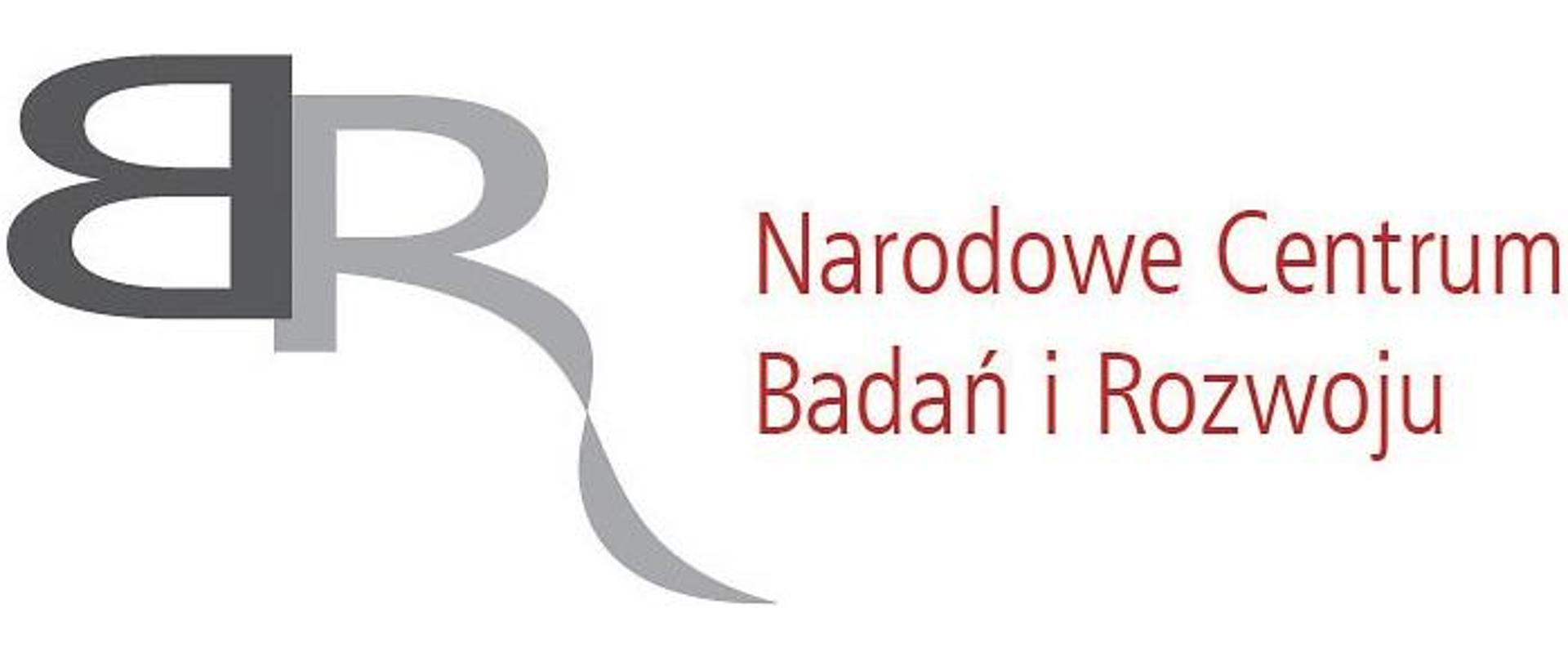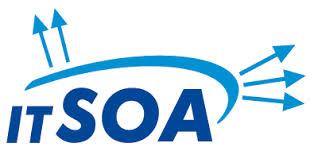SYSTEMY ROZPROSZONE DUŻEJ SKALI
LABORATORIUM
ZALICZENIE:
Projekt w tematyce opisanej poniżej.
PeerSim:
Projekty z tej grupy polegają na implementacji plug-inów do symulatora PeerSim. Projekt jest dwuosobowy i w rezultacie powinna powstać, krótka (15min.) prezentacja omawiająca teoretyczne podstawy wybranego algorytmu, innych wykorzystanych technologii oraz napotkanych trudności w implementacji wraz z omówieniem możliwych i wybranych rozwiązań. Następnie projekt powinien zostać zainstalowany na komputerach w laboratorium i przeprowadzone krótkie warsztaty (ok. 15min) pokazujące możliwości i działanie projektu.
- implementacja wybranego algorytmu plotkowania z materiałów dostępnych pod linkiem. (materiały: Gossiping - various aspects hasło podane na wykładzie) lub innego dowolnego algorytmu P2P.
- implementacja dodatkowych protokołów do symulatora wraz z przetestowaniem działania.
- ... inne wcześniej ustalone z prowadzącym tematy
ProM:
Projekty polegające na implementacji wtyczki do narzędzie ProM 6.3. Projekt jest dwuosobowy i w rezultacie powinna powstać, krótka (15min.) prezentacja omawiająca teoretyczne podstawy wybranego zagadnienia, innych wykorzystanych technologii oraz napotkanych trudności w implementacji wraz z omówieniem możliwych i wybranych rozwiązań. Następnie projekt powinien zostać zainstalowany na komputerach w laboratorium i przeprowadzone krótkie warsztaty (ok. 15min) pokazujące możliwości i działanie projektu.
- implementacja wybranego algorytmu eksploracji procesów nie będącego obecnie w repozytorium wtyczek.
- implementacja translatora logów z różnych formatów do formatu OpenXES i odwrotnie.
- implementacja wizualizera dla sieci przepływu w systemach rozproszonych zorientowanych na zasoby (REST)
- implementacja algorytmów odtwarzania sesji dla systemów: SOA, REST, WEB.
- ... inne wcześniej ustalone z prowadzącym tematy
Inne:
Projekty dowolne realizowane jako niezależne aplikacje. Projekt jest dwuosobowy i w rezultacie powinna powstać, krótka (15min.) prezentacja omawiająca teoretyczne podstawy wybranego zagadnienia, innych wykorzystanych technologii oraz napotkanych trudności w implementacji wraz z omówieniem możliwych i wybranych rozwiązań. Następnie projekt powinien zostać zainstalowany na komputerach w laboratorium i przeprowadzone krótkie warsztaty (ok. 15min) pokazujące możliwości i działanie projektu.
- komunikator tekstowy (IRC) wykorzystujący algorytmy P2P w celu rozgłaszania wiadomości pomiędzy klientami. Wymagana obsługa pokoi oraz awarii węzłów.
- implementacja serwera proxy przechwytującego komunikację pomiędzy węzłami w sieci i zbieranie rozproszonych logów
- ... inne wcześniej ustalone z prowadzącym tematy









 The aim of the project is to develop and implement a globally innovative set of methods, algorithms, and a software environment that enable the creation of so-called BOTs that simulate real player behavior in cooperative-survival games. These BOTs will be based on artificial intelligence (AI) algorithms and player behavioral patterns based on process mining of data collected from actual player gameplay sessions. The intended outcome of the project is the creation of a globally innovative technology designed to support game developers in building artificial intelligence for companions and opponents (BOTs), while ensuring a high level of gameplay immersion for players.
The aim of the project is to develop and implement a globally innovative set of methods, algorithms, and a software environment that enable the creation of so-called BOTs that simulate real player behavior in cooperative-survival games. These BOTs will be based on artificial intelligence (AI) algorithms and player behavioral patterns based on process mining of data collected from actual player gameplay sessions. The intended outcome of the project is the creation of a globally innovative technology designed to support game developers in building artificial intelligence for companions and opponents (BOTs), while ensuring a high level of gameplay immersion for players.
 The research project has two general goals. The first one is to propose a new process calculus for REST systems. Such calculus would be able to express all characteristics that make REST systems distinctive, in order to better model the real systems. The second goal is the proposal of new algorithms for process mining in RESTful systems (business process model discovery in RESTful systems).
The research project has two general goals. The first one is to propose a new process calculus for REST systems. Such calculus would be able to express all characteristics that make REST systems distinctive, in order to better model the real systems. The second goal is the proposal of new algorithms for process mining in RESTful systems (business process model discovery in RESTful systems).
 The goal of the project is to exploit modern information technologies from the area of distributed systems. Such techologies, based on the Service-Oriented Architecture (SOA) paradigm, support computerized business process management as well as development of service platforms and IT infrastructure for e-Science. The central point of this approach is to automatize access to both individual services and complex business processes based on these services. Key challenges in this scope include: development of proper service description languages; enabling providers to publish their services and clients to search for the services they require; creation of semantics-based protocols for service composition in the framework of complex and potentially long-running business processes.
The goal of the project is to exploit modern information technologies from the area of distributed systems. Such techologies, based on the Service-Oriented Architecture (SOA) paradigm, support computerized business process management as well as development of service platforms and IT infrastructure for e-Science. The central point of this approach is to automatize access to both individual services and complex business processes based on these services. Key challenges in this scope include: development of proper service description languages; enabling providers to publish their services and clients to search for the services they require; creation of semantics-based protocols for service composition in the framework of complex and potentially long-running business processes.


